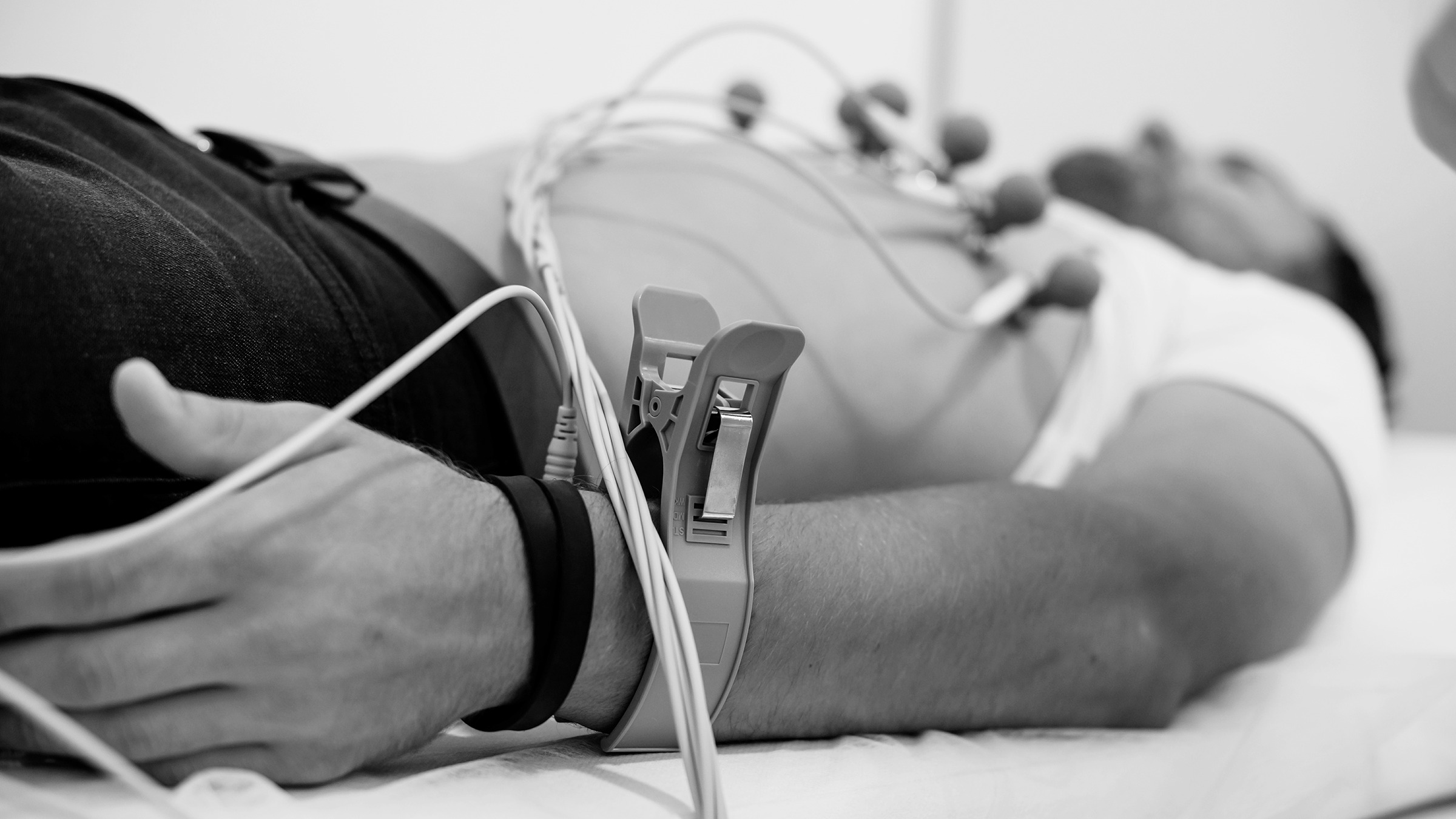Electrocardiograms (EKGs), also abbreviated as (ECGs), help determine the heart’s electrical activity, which is crucial in diagnosing heart diseases. Your heart’s electrical activity can help your doctor determine which chambers of your heart are abnormally large or overworked. Through an EKG test, your doctor can determine the cause of your symptoms and provide the best treatment option. This test is also not age-sensitive, meaning you can receive it at any age. Even though you are not experiencing any potential symptoms indicating a heart problem, scheduling a routine Rockville EKG test at least twice a year is still important. As explained in this article, knowing more about this test will help you make healthy decisions on how to live your life.
What Is an Electrocardiogram Test?
An electrocardiogram (EKG) is a test that measures the electrical activity of your heart. The doctor places electrodes on your skin and connects them to a machine that sends an electric current through your body.
The results of an EKG can diagnose various heart conditions, such as arrhythmia and damage caused by a stroke or accident. They can also help determine if you have high blood pressure or fluid in your lungs and detect health problems before they become serious.
What Are the Various Types of EKG Tests?
There are several EKG tests, but they all serve the same purpose in detecting heart disease. They include a stress test, loop recorder, Holter monitor, and event recorder.
The most common stress test involves exercising by running on a treadmill or climbing hills at high speeds. This test helps determine the heart conditions that often occur during exercises.
A Holter monitor is quite similar to an event recorder. However, the latter records your heart’s electrical activity only when symptoms occur, while the former records your heart’s activity throughout your normal daily routine.
Who Should Have an Electrocardiogram Test?
You should consider getting an EKG test if you are at risk for sudden cardiac arrest or if you often experience chest pain or shortness of breath. Your doctor may also recommend an EKG test if you experience symptoms of weakness, dizziness, tiredness, pounding, and racing in your heart. It may be worth talking with your doctor about having an EKG test If you plan to have surgery soon. Doing this can help predict potential heart complications before they happen.
How Should You Prepare for Your EKG Test?
Eat or drink for 4 hours before the test for effective EKG results. If you often perform vigorous activities or exercises, do so two hours before the test. If you are on any medications such as cold or cough suppressants, fever reducers, or antidepressants, ensure to take them in the morning before your test.
However, avoid taking certain drinks like caffeine, chocolate, and alcohol before your test because they can affect your heart rate during your EKG. Also, avoid wearing jewelry or watches during your EKG test, as these items may interfere with the performance of your EKG machine.
What Should You Expect During Your EKG Test?
During your EKG test, your doctor will ask you to lie down on a flat surface, wear a gown and possibly remove your clothing from the waist up. You may be asked to remove your shoes, socks, and jewelry to enhance proper blood circulation.
Depending on the severity of your symptoms, your doctor may draw blood from your arms, wrist, or fingertip. The blood sample will undergo a proper lab analysis to determine the exact cause of your symptoms. Since an EKG is a simple, minimally invasive test, it only takes 20 to 30 minutes to complete.
The electrocardiogram is a test that can help you understand your heart health. It can also help you make proper and necessary adjustments to avoid potential heart issues later on. It is also a simple procedure that does not require any major preparations. If you have questions about the test, do not hesitate to ask your doctor. Also, if you have any concerns about your heart health, talk to your doctor about the options available for treatment and prevention.

